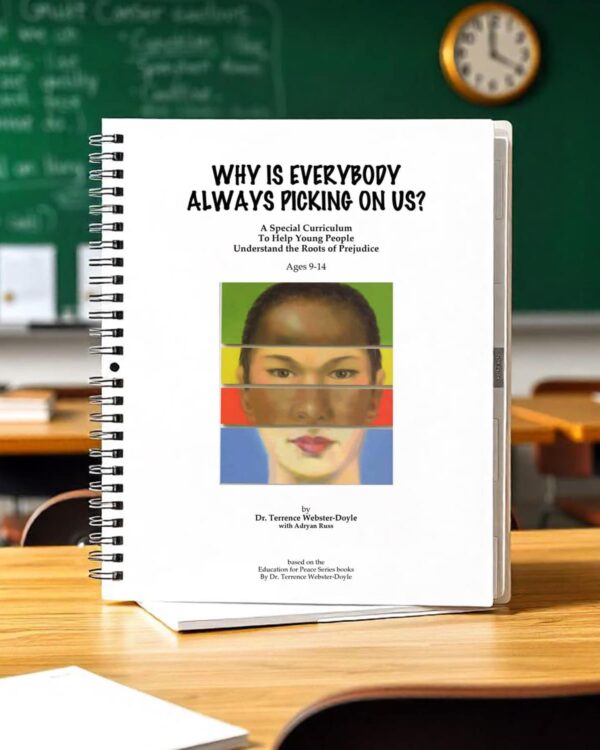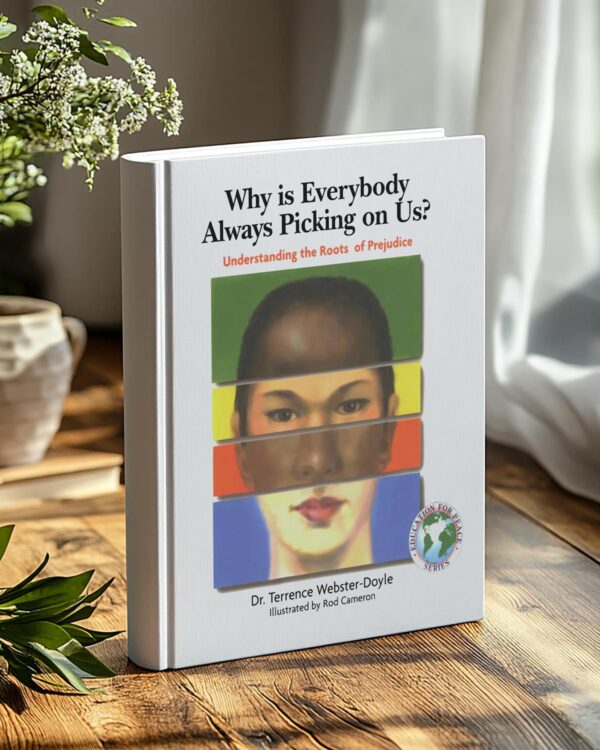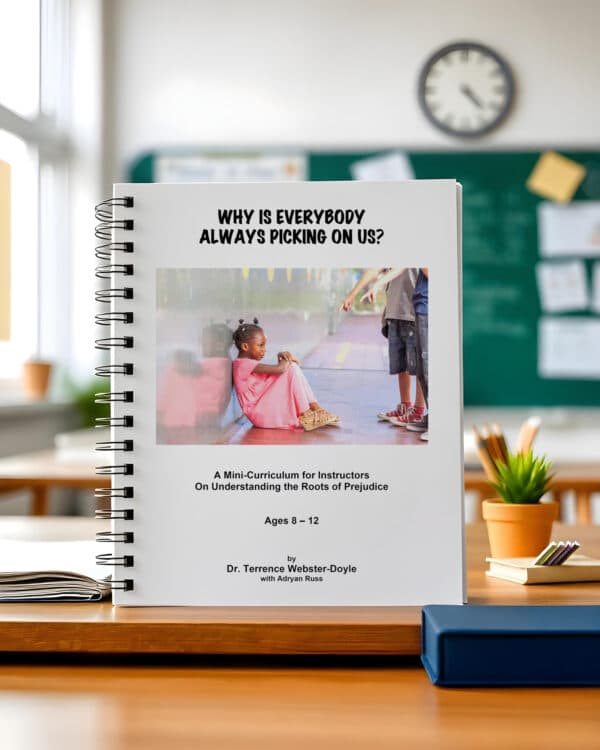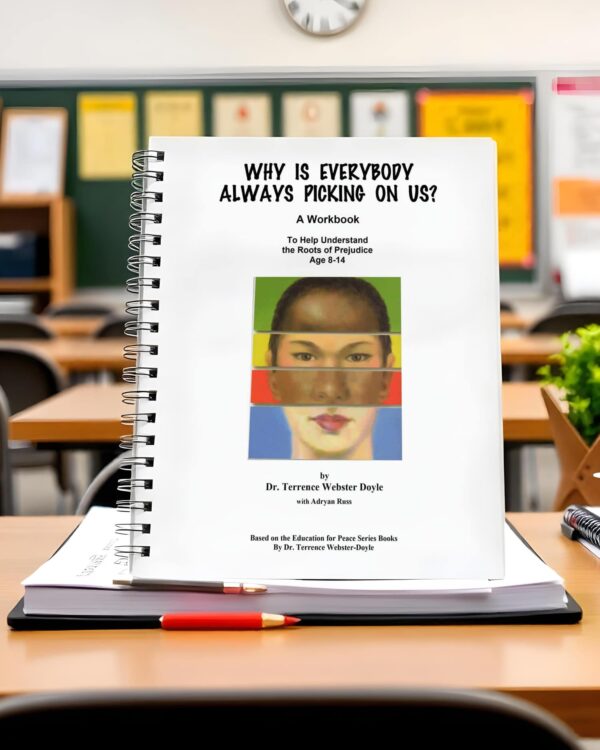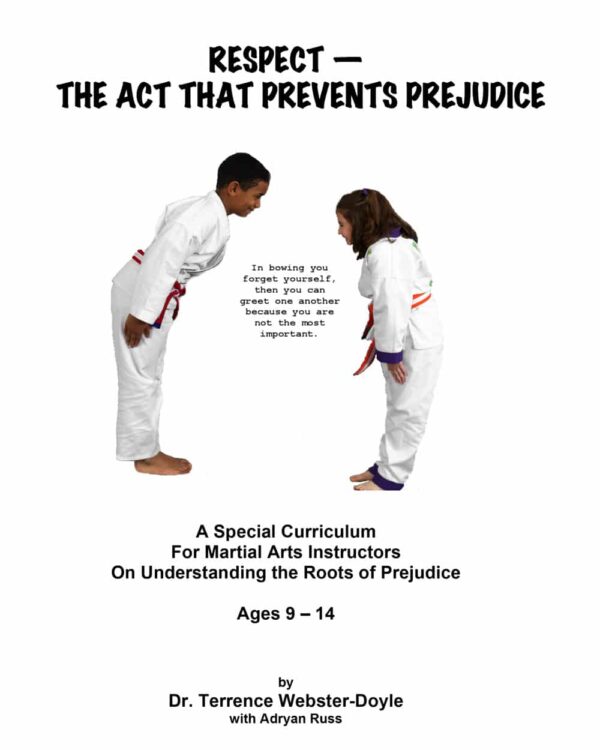Perception and Reality: Why We See the World Differently

Why do we each see people and situations so differently? Why don’t other people see things as I see them? Why is there so much fighting going on because we don’t see eye to eye?
Perception, it seems to me, is a rather tricky phenomenon and we need to take time to look at it very closely. What, in general, are my perceptions? They seem to be my points of view, what I consider to be important. My beliefs, opinions and assumptions come from what I perceive to be true.
And my behavior also stems from what I perceive as truth. The question then is, why don’t we both perceive the truth?
If other’s perceptions were exactly like mine, I think we could live peacefully with each other. But it is obvious that we agree on only a few things, and differ on so many issues, on personalities, on motives we assign and on interpretations we give to words.
Then the problem comes in when you think you are more right than I am and I disagree with you. As we know, these disagreements can lead to verbal fights, to closing the doors of communication, and to isolation. At the national level, they lead to wars.
Our lack of awareness of how perception operates can lead us to misunderstand and misjudge others ideas and behavior. Are we generally aware of the forces and motives that lie behind our own behavior? For most people the answer is no, and this is one reason why psychoanalysis is so popular.
Interested? Keep Learning
-
Why is Everybody Always Picking on Us? Curriculum
Download Now$10.00 -
Why is Everybody Always Picking on Us? Book
Download Now$10.00 -
Why is Everybody Always Picking on Us? Mini Curriculum
Download Now$10.00 -
Why is Everybody Always Picking on Us? Workbook
Download Now$10.00 -
Respect: the Act that Prevents Prejudice Curriculum
Download Now$10.00
Our perceptions about ourselves come from images we have accumulated over time. We also have accumulated images about people around us.
These images have their roots in our inner private world of reality that started in childhood. We can each look back and see the modifications, but the fact remains that my private world as an individual is my “reality”. And I react to the world as I perceive it, not the world as you perceive it. The way you perceive yourself and the world is for you your “reality”.
The forces that mold my images are my emotional and social needs and my personal ambitions. Though we may have similar emotional needs, we experience them at different times and often do not express ourselves directly or we intentionally hide our motives.
There is much room for distortion in our perceptions of ourselves and the world. Memory, if you look at it closely, tends to be selective to fit in with our desires or fears. There is distortion when my self-interest narrows my perception to the small area of that interest. There is distortion when I project my perception onto others, since I only look from my inner reality.
Are we stuck in our perceptions? Is there a way to perceive actual reality? I think there is a way.
But it does not come from doing something differently or thinking something different. It comes from watching one’s inner world or reality without reacting to it. In this passive watching you can learn how your mind works. You need to actually see how you are perceiving and how that plays out in relationships. In watching yourself sensitively, patiently and without expecting any miracles, your inner self will be revealed.
I personally have found that I have been burdened with the need to be something different or better and this has prevented me from experiencing life directly. Only direct perception of what is going on now can clarify for us what is true and what is not true.
A wise man once said: The only reality is the world as it is today.
